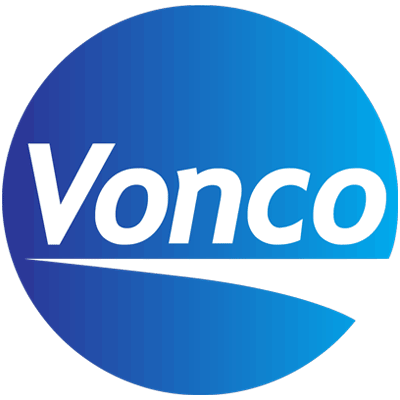Medtech is undergoing a rapid transformation driven by advancements in materials, technologies, and design techniques. These innovations are not only enhancing the functionality and safety of medical devices and wearables but also significantly improving patient outcomes. Contract manufacturers are at the forefront of these developments, leveraging cutting-edge resources to create next-generation medical device and wearables products. Here, I explore the latest trends and advancements shaping the future of medical device design and development.
ADVANCED MATERIALS
One of the most significant areas of innovation in medical device design is the use of advanced materials. Traditional materials like stainless steel and silicone are being supplemented or replaced by new, high-performance substances that offer improved biocompatibility, durability, and functionality.
Biodegradable Polymers: These materials are designed to safely dissolve in the body over time, reducing the need for additional surgeries to remove devices. They are particularly useful in applications such as stents and drug delivery systems.
Smart Polymers: These materials can respond to environmental changes, such as temperature or pH levels, and are being used to create responsive and adaptable medical devices. For example, shape-memory polymers can change shape in response to body temperature, enabling minimally invasive surgeries.
Nanomaterials: Incorporating nanotechnology into medical devices allows for enhanced performance at a cellular level. Nanomaterials are used in drug delivery systems, imaging, and diagnostics to improve precision and effectiveness.
CUTTING-EDGE TECHNOLOGIES
Technological advancements are playing a crucial role in revolutionizing medical device design. These technologies not only enhance the capabilities of medical devices but also streamline their development and manufacturing processes.
3D Printing: Additive manufacturing, or 3D printing, has transformed the prototyping and production of medical devices. It allows for rapid prototyping, customization, and the creation of complex structures that are otherwise difficult to produce using traditional manufacturing methods. This technology is particularly beneficial for creating patient-specific implants and prosthetics.
IoT and Wearables: The integration of the Internet of Things (IoT) into medical devices has led to the development of smart wearables that can monitor and transmit patient data in real-time. These devices help in continuous health monitoring, early diagnosis, and personalized treatment plans. Examples include smartwatches that monitor heart rate and glucose levels.
Artificial Intelligence (AI) and Machine Learning: AI and machine learning are being used to analyze vast amounts of medical data to predict patient outcomes, enhance diagnostics, and optimize treatment plans. In medical device development, these technologies help in designing more effective and reliable devices by simulating various scenarios and predicting potential issues.
INNOVATIVE DESIGN TECHNIQUES
Innovative design techniques are essential for creating medical devices that meet the high standards of safety, efficacy, and usability required in the healthcare industry. Contract manufacturers are employing several advanced methodologies to achieve these goals.
Human-Centered Design: This approach focuses on designing devices with the end-user in mind, ensuring that they are intuitive, ergonomic, and easy to use. Human-centered design is crucial for devices used by patients or healthcare providers, as it reduces the likelihood of user error and improves overall patient experience.
Regenerative Medicine: Advances in regenerative medicine are influencing the design of medical devices, particularly in the fields of tissue engineering and organ regeneration. Devices such as scaffolds for tissue growth and bioreactors for cultivating cells are being developed to support the body’s natural healing processes.
Microfabrication: The development of microscale devices, such as microelectromechanical systems (MEMS), has opened new possibilities for minimally invasive procedures and precise drug delivery. These tiny devices can perform complex tasks within the body with minimal disruption to surrounding tissues.
VONCO: LEADING THE CHARGE
Vonco is an ISO 13485-certified contract manufacturer of custom single-use breakthrough medical device products, including medical fluid bags for bioprocessing, cell separation, cell culture, cryogenic and blood storage and specialty biopharma applications. Additionally, we manufacture therapeutic and recovery devices, surgical instrument covers, oxygenated respiratory hoods, patient positioners, medical temperature management devices and other innovative single-use technologies and medical device solutions. Our domestic manufacturing capabilities ensure quality control and supply chain reliability for your medical device and components.
THE ROAD AHEAD
The landscape of medical device design and development is continually evolving, driven by innovations in materials, technologies, and design techniques. Contract manufacturers are at the helm of these advancements, creating cutting-edge products that improve patient outcomes and advance medical care. As these trends continue to develop, the future of medical devices promises to be more efficient, effective, and personalized, paving the way for a new era in healthcare.

